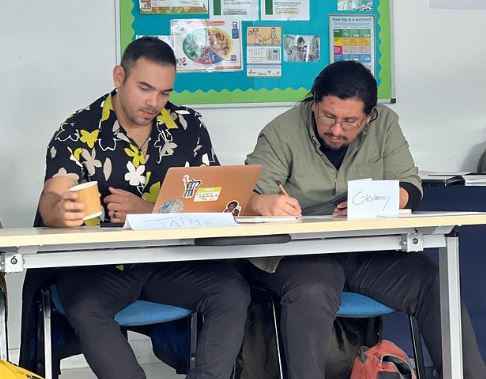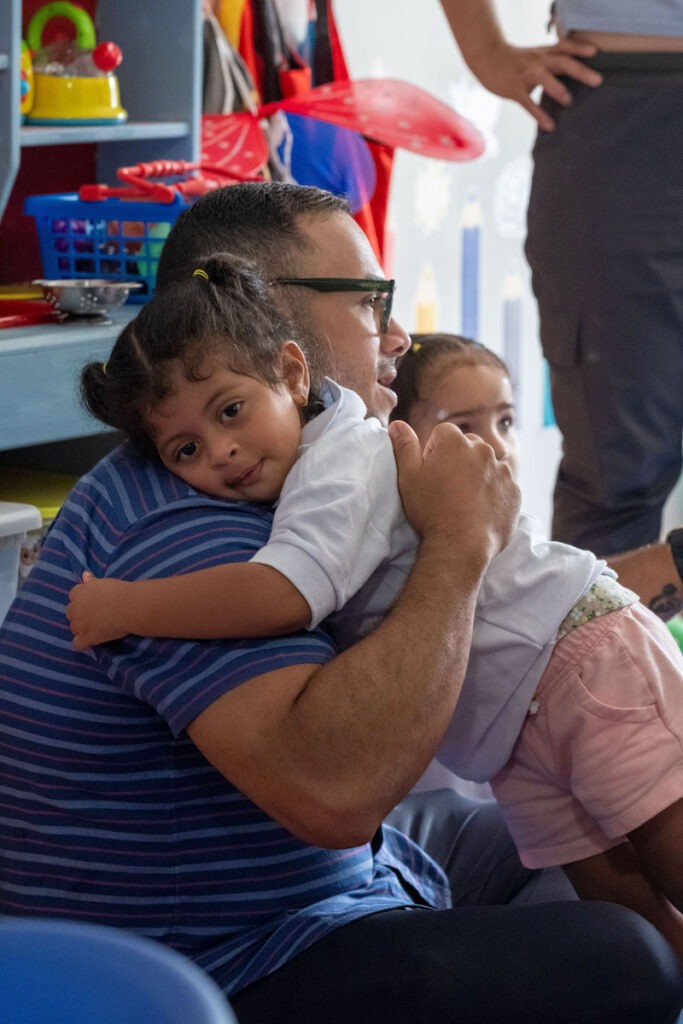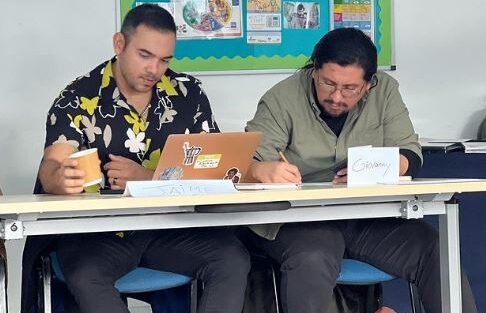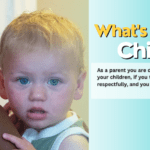I will be brief and sincere, I am not completely convinced of the Pikler approach in child care. However, I pursue to know more about the best practices that focus on the full development of a child in their beginnings. One thing doesn’t take away the other, we don’t have to believe the whole story, we can decide what is possible within our programs and what is not. As critical people, we can discern which practices are good practices and which are not so good. But this entails the responsibility that we accept when a perspective surprises us. With this mentality, I left the free play training from the Pikler perspective that took place in October 2023 in London.
Several of the things they presented to us during the training responded to a European lifestyle context, which has little to do with the physical and emotional attachments of the Latino families with which I grew up and with whom I work. However, I was left with two teachings that we should involve in our daily work. They will not be easy, but they are urgent.

The first is that we owe our children the dignity and respect they deserve, in other words we must stop infantilizing the children. Infants are infants, and because they are infants it does not mean that they must be treated in their different stages of development as something minor or insignificant.
It is wonderful and inspiring to see an infant recognize his hands, recognize the space that surrounds him, when they find their feet, when they learn to push with their legs with their back on the ground because these are the great achievements of development. Our duty is to provide them with a safe space for infants to optimally enjoy each of their stages.

The second lesson that resonated with me was the nerve point of the Pikler perspective: this approach is NOT about the boy or the girl, it is about how adults relate to boys and girls. As adults, we must take away the ridiculous idea that we are teaching children from 0 to 3 years old in the same way as older children in the school system. During early childhood, the adult must be responsible simply for providing a safe, healthy and stimulating environment for children in their early stages of development. A safe space, being humane, less schooling/ restrictive curriculums, that allows infants to enter the world with others through knowing themselves. In this sense, the Pikler perspective calls on adults to humanity in order to protect the child’s humanity.



